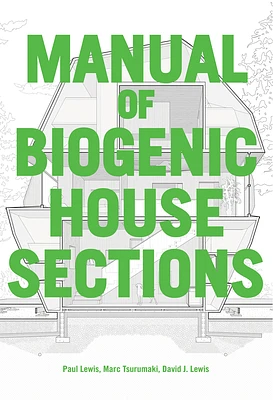Home
Biogenic Nanoparticles for Cancer Theranostics
Loading Inventory...
Barnes and Noble
Biogenic Nanoparticles for Cancer Theranostics
Current price: $230.00


Barnes and Noble
Biogenic Nanoparticles for Cancer Theranostics
Current price: $230.00
Loading Inventory...
Size: Paperback
*Product Information may vary - to confirm product availability, pricing, and additional information please contact Barnes and Noble
Biogenic Nanoparticles for Cancer Theranostics
outlines the synthesis of biogenic nanoparticles to become cancer theranostic agents. The book also discusses their cellular interaction and uptake, pharmacokinetics, biodistribution, drug delivery efficiency, and other biological effects. Additionally, the book explores the mechanism of their penetration in cancerous tissue, its clearance, and its metabolism. Moreover, the in vitro and in vivo toxicological effects of biogenic nanoparticles are discussed. This book is an important reference source for materials scientists and biomedical scientists who are looking to increase their understanding of how biogenic nanoparticles are being used for a range of cancer treatment types.
Metal nanoparticles have traditionally been synthesized by classical physico-chemical methods which have many drawbacks, such as high energy demand, high cost and potential ecotoxicity. As a result, the biosynthesis of metal nanoparticles is gaining increasing prominence. Biosynthesis approaches to metal nanoparticles are clean, safe, energy efficient and environment friendly.
outlines the synthesis of biogenic nanoparticles to become cancer theranostic agents. The book also discusses their cellular interaction and uptake, pharmacokinetics, biodistribution, drug delivery efficiency, and other biological effects. Additionally, the book explores the mechanism of their penetration in cancerous tissue, its clearance, and its metabolism. Moreover, the in vitro and in vivo toxicological effects of biogenic nanoparticles are discussed. This book is an important reference source for materials scientists and biomedical scientists who are looking to increase their understanding of how biogenic nanoparticles are being used for a range of cancer treatment types.
Metal nanoparticles have traditionally been synthesized by classical physico-chemical methods which have many drawbacks, such as high energy demand, high cost and potential ecotoxicity. As a result, the biosynthesis of metal nanoparticles is gaining increasing prominence. Biosynthesis approaches to metal nanoparticles are clean, safe, energy efficient and environment friendly.

















